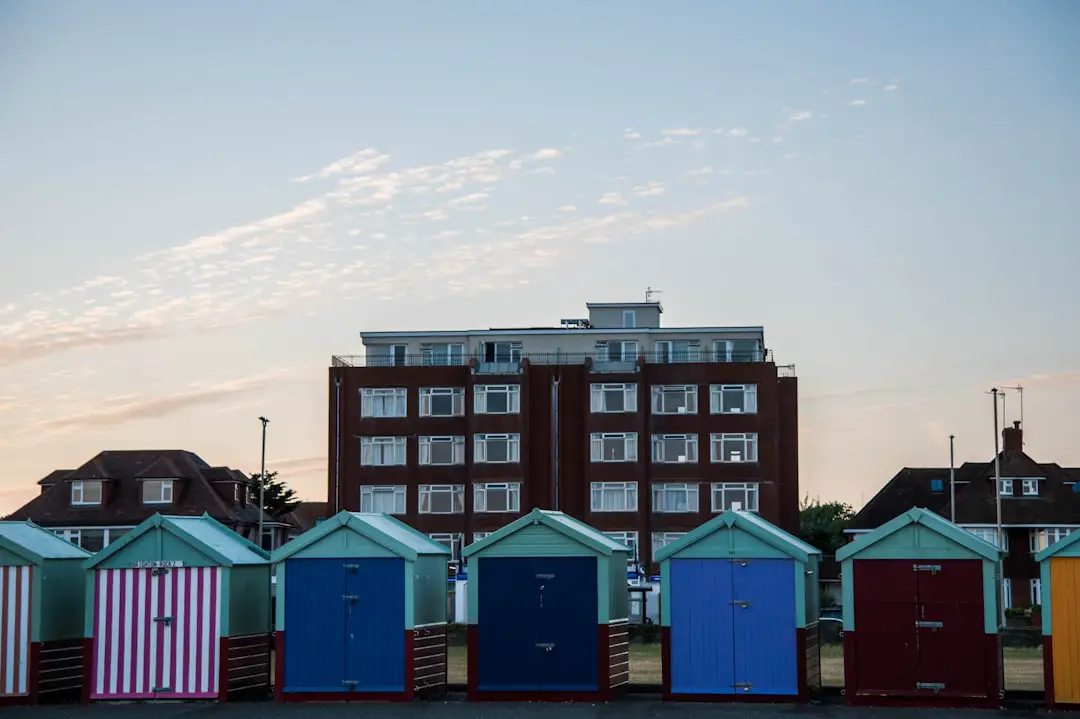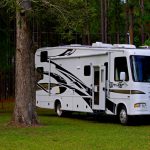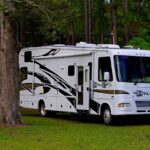
Ever wondered how many different types of RVs there are? Maybe you’re dreaming of hitting the open road but aren’t sure which RV will be your trusty companion. Well, you’re in luck! Today, we’re diving deep into the world of RVs, and let me tell you, it’s more varied than a buffet at a Las Vegas casino!
Table of Contents
- Quick Answer
- Quick Tips and Facts
- The Evolution of RVs: A Brief Journey
- Class A Motorhomes: The Titans of the Road
- Class B Motorhomes: Nimble Navigators
- Class C Motorhomes: The Middle Ground
- Fifth Wheels: The King of Towables
- Toy Haulers: Adventure Enablers
- Travel Trailers: Versatile Voyagers
- Pop-Up Campers: Compact Campers
- Tiny Travel Trailers: Small but Mighty
- Truck Campers: The Overlanders
- Hybrid Trailers: Best of Both Worlds
- Expandable Trailers: Space Maximizers
- FAQ
- Conclusion
- Recommended Links
- Reference Links
Quick Answer
In the vast universe of recreational vehicles, there are 11 main types of RVs, each designed to suit different travel needs and lifestyles. From the luxurious Class A motorhomes to the compact and efficient tiny travel trailers, there’s an RV out there that’s perfect for every adventurer. 🌟
Quick Tips and Facts
- Class A Motorhomes are often akin to rolling mansions! 🏰
- Class B Motorhomes, or campervans, are perfect for solo travelers or couples. 🚐
- Expandable Trailers offer a unique solution by combining the hard-sided structure with expandable tent sections for additional space. 📏
The Evolution of RVs: A Brief Journey
The history of RVs is as fascinating as the vehicles themselves. Starting from the early 20th century, when they were simple camp cars built on automobile chassis, RVs have evolved into sophisticated homes on wheels, complete with all the amenities you could ask for. This journey reflects not just technological advancement but also a growing love for freedom and adventure among people. 🛣️
Class A Motorhomes: The Titans of the Road
Characteristics: Imagine a bus converted into a luxury apartment. That’s your Class A motorhome.
Sleeps: Up to 10 people
Pros: Spacious interiors, full-size appliances, often includes multiple slide-outs to increase living space.
Cons: Challenging to drive in narrow spaces, high fuel consumption.
Class B Motorhomes: Nimble Navigators
Characteristics: These are your agile campervans, perfect for weaving through city traffic or cruising down country lanes.
Sleeps: 2-4 people
Pros: Easier to drive and park, better fuel efficiency than larger RVs.
Cons: Smaller living space, limited storage.
Class C Motorhomes: The Middle Ground
Characteristics: Built on a truck chassis, these RVs offer a sweet spot between Class A and B.
Sleeps: Up to 7 people
Pros: More maneuverable than Class A but more spacious than Class B.
Cons: Still requires careful handling due to size.
Fifth Wheels: The King of Towables
Characteristics: Requires a special fifth-wheel hitch but offers unmatched stability and space.
Sleeps: Up to 8 people
Pros: Ample living space, often with luxurious features like king-size beds and washer/dryer setups.
Cons: Requires a heavy-duty towing vehicle.
Toy Haulers: Adventure Enablers
Characteristics: These come with a garage area to carry ‘toys’ like ATVs or motorcycles.
Sleeps: Up to 7 people
Pros: Dual-purpose, providing both living space and cargo space.
Cons: Heavier and might need a more robust vehicle to tow.
Travel Trailers: Versatile Voyagers
Characteristics: Available in various sizes, these are the most common type of RV.
Sleeps: Up to 10 people
Pros: Flexible towing options, variety of designs.
Cons: Stability can be an issue with larger models.
Pop-Up Campers: Compact Campers
Characteristics: These are essentially tents on wheels, great for those who want a bit more comfort than ground camping.
Sleeps: Up to 7 people
Pros: Lightweight, easy to tow, more affordable.
Cons: Less insulation, minimal amenities.
Tiny Travel Trailers: Small but Mighty
Characteristics: Miniature versions of travel trailers, perfect for quick getaways.
Sleeps: 2-4 people
Pros: Can be towed by smaller vehicles, easy to store.
Cons: Cramped space, limited storage.
Truck Campers: The Overlanders
Characteristics: Mounts directly onto the bed of a pickup truck, offering ultimate mobility.
Sleeps: Up to 4 people
Pros: Go anywhere your truck can go, from highways to off-road.
Cons: Limited living space, can be top-heavy.
Hybrid Trailers: Best of Both Worlds
Characteristics: Combines the features of a traditional travel trailer with expandable sections usually made of tent material.
Sleeps: Up to 7 people
Pros: More sleeping space without the extra length.
Cons: Setup and teardown take longer than fully hard-sided trailers.
Expandable Trailers: Space Maximizers
Characteristics: These trailers have sections that can be extended to create more room when parked.
Sleeps: Up to 10 people
Pros: Compact during travel, spacious when set up.
Cons: More moving parts can mean more maintenance.
FAQ
What are the different kinds of RV?
From the luxurious Class A motorhomes to the versatile travel trailers and the compact truck campers, there are 11 main types to choose from.
How many RV brands are there?
There are dozens of RV brands, each offering unique models and features. Some of the top brands include Winnebago, Thor, and Airstream.
What type of RV is the most popular?
Travel trailers are the most popular due to their versatility and range of sizes.
How many RVs are there in the USA?
Millions! The RV lifestyle has become a beloved way of life for many Americans, with ownership numbers continuing to grow.
Conclusion
Whether you’re a solo adventurer or a family looking to explore the great outdoors, there’s an RV type out there that’s perfect for your needs. Remember, the best RV is the one that fits your lifestyle and lets you create unforgettable memories. 🌟
Recommended Links
👉 Shop Class A Motorhomes on: RVShare | Outdoorsy | Camping World
Reference Links
There you have it! A comprehensive guide to the different types of RVs. Ready to pick your home-on-wheels and start exploring? 🚐💨




